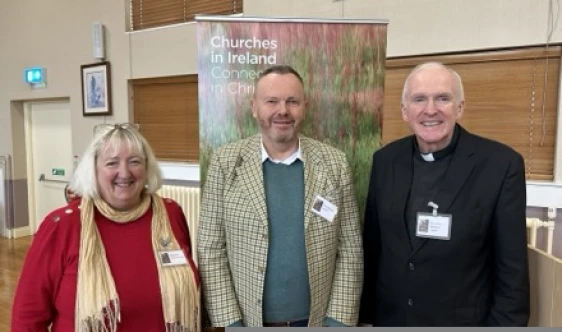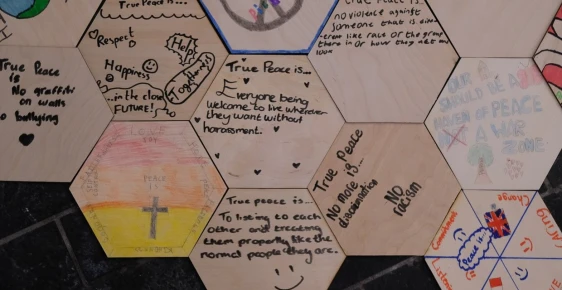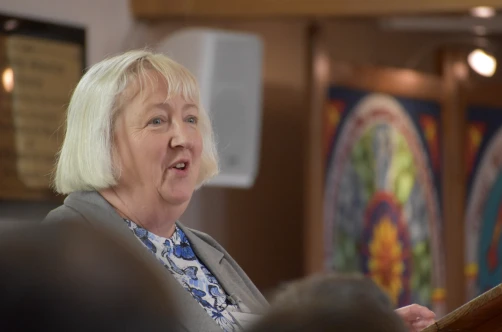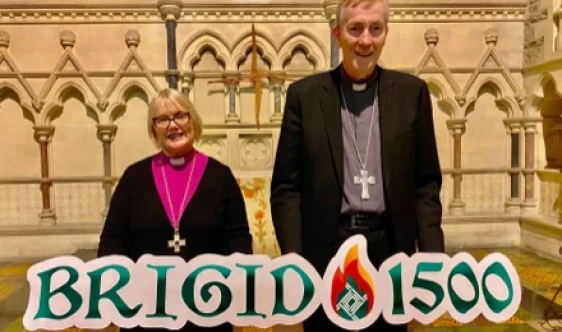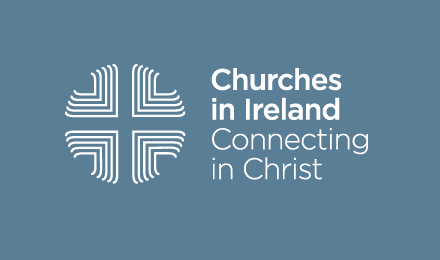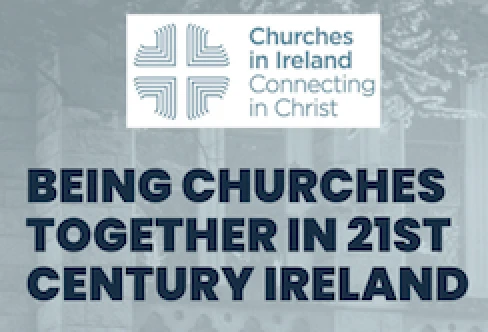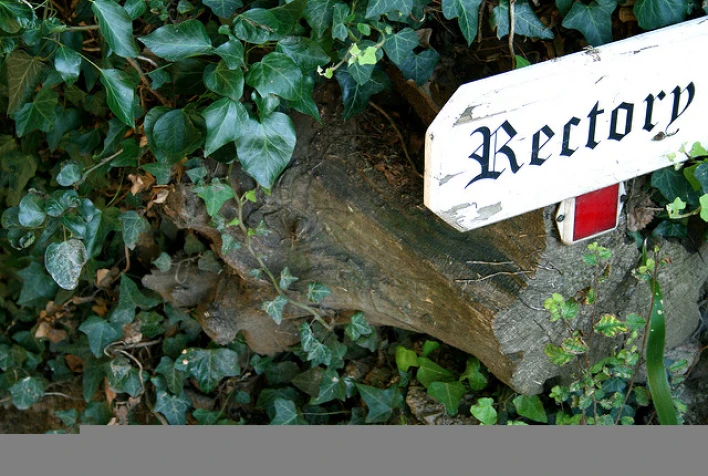
In the day that the Lord God made the earth and the heavens, when no plant of the field was yet in the earth and no herb of the field had yet sprung up—for the Lord God had not caused it to rain upon the earth, and there was no one to till the ground; but a stream would rise from the earth, and water the whole face of the ground — then the Lord God formed the human from the dust of the ground, and breathed into their nostrils the breath of life; and the human became a living being. And the Lord God planted a garden in Eden, in the east; and there he put the human whom he had formed. Out of the ground the Lord God made to grow every tree that is pleasant to the sight and good for food, the tree of life also in the midst of the garden, and the tree of the knowledge of good and evil.The Lord God took the human and put them in the garden of Eden to till it and keep it. And the Lord God commanded the human, “You may freely eat of every tree of the garden; but of the tree of the knowledge of good and evil you shall not eat, for in the day that you eat of it you shall die.”
Genesis 2: 4–9, 15–17
We often take soil and soil creation for granted. Yet all human life, all human civilisation, depends on this thin layer, at best a few metres deep. In Genesis 2, God creates the human being out of the soil. There is a pun there: in Hebrew the word for soil is adamah. It is out of adamah that God creates Adam. God makes the human out of humus. The writer reminds us that we are not separate from the soil: we are made from it, inextricably part of it, dependent on it, and to it we shall one day return. God puts Adam and Eve in the Garden – not just to sit around and enjoy it – they are to till and keep the garden: to till: abad, the meaning to serve or to be a servant to, to keep: shamar meaning to guard, protect or watch over. Both words imply a duty of care and a deep interconnectedness between humanity and nature. Tilling the garden meant there was always a job to do; keeping meant delighting in the landscape’s natural beauty. So, when the Fall happens, when sin enters the picture, it is first an environmental transgression. The garden is despoiled when the humans do the one thing they are asked not to do: they go against God’s plan for the ideal world. So the scriptures often foresee the future promise of God as the restoration of the garden. In Ezekiel: “The land that once was desolate has become like the garden of Eden”. It is fascinating that some of the central acts of the Christian drama take place in gardens. First, the garden of Gethsemane: in contrast to Eden where Adam is taken from his garden because of his disobedience, Christ is taken from Gethsemane because of his perfect obedience to God’s will. Second, Christ’s burial takes place in a garden in John’s gospel, and it is there in the garden that the risen Jesus meets Mary Magdalene. The beginning and the end of the redemption story are placed in a garden. In the Garden of Eden, a man meets a woman in a garden, and here in this Garden of Resurrection a woman meets a man in a garden. The garden, and the soil in it is the landscape where death is overcome. It is, as Margaret Daly–Denton’s new commentary(1) points out, no idle throwaway line that tells us that Mary Magadalene mistakes Jesus for a gardener. For he is the planter of the first Eden, and in the resurrection garden he plants out the new paradise of renewed faith amid a bloodstained soil. And of course the scriptures end with John of Patmos’ vision of a garden city, with the tree of Life whose leaves are for the healing of the nations, and whose roots are in God’s adamah, God’s soil. One of the most profound effects of climate change is on the soil on which we depend. We know already that places with increased rainfall, and especially intense events, will experience soil erosion. Conversely the lack of rainfall in other places is already leading to desertification as the soils dry out and blow away. Rising sea levels lead to salinisation. Already the soil of many Pacific islands has beome almost unusable. So what we need to do is to go right back to God’s request in Genesis: to till and keep the soil and the Garden in which God has put us. PrayerGive us vision and new commitment to take up the challenges to which you call us. That in company with all created things we may sing the joy, the beauty and the glory that is creation’s song. Amen. (John: An Earth Bible Commentary. Supposing him to be the Gardener. Margaret Daly–Denton pub. T&T Clark 2017)Rev Andrew Orr is Chair of Eco–Congregation Ireland and is a Church of Ireland Rector in Tullow.
